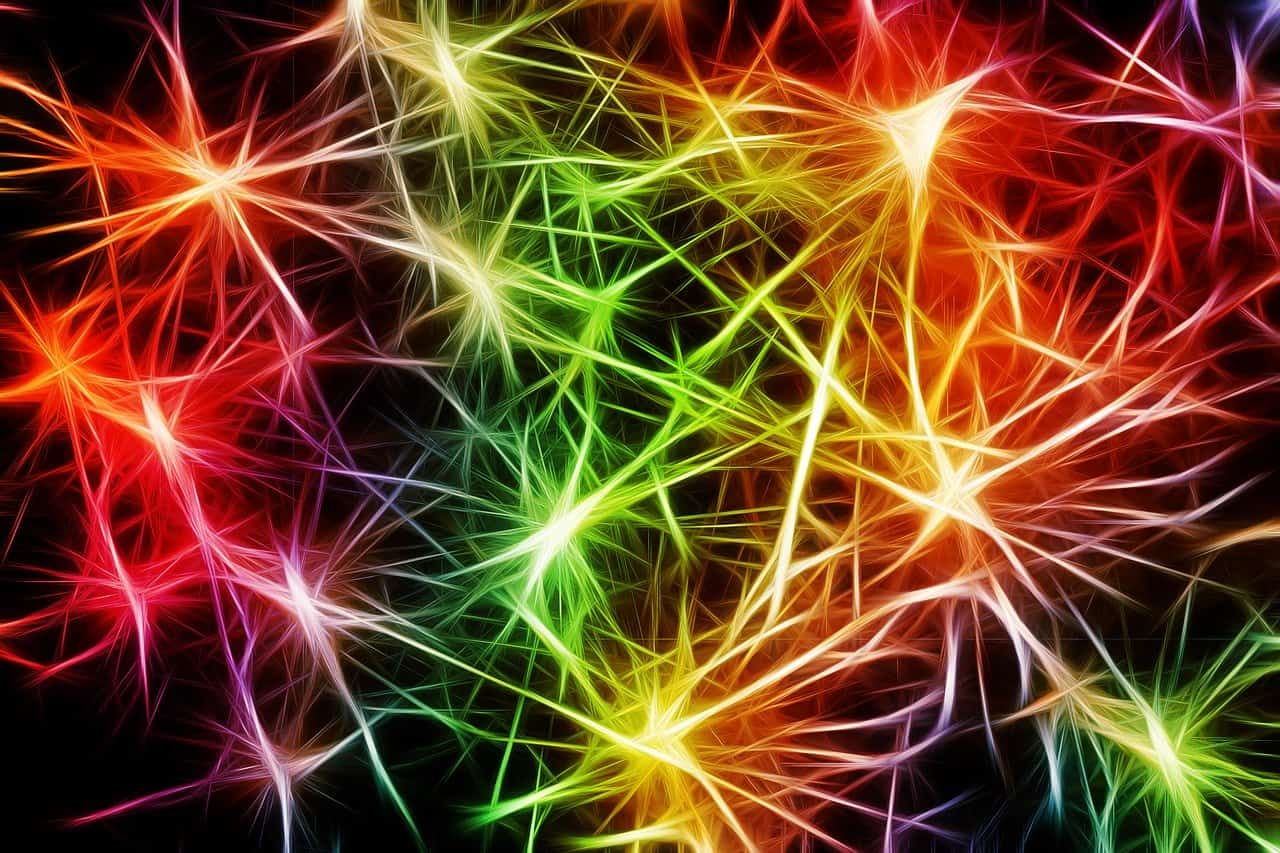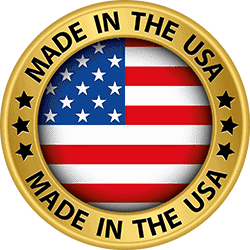What is Cell Signalling and why should I think about it??
It goes without saying that compared to a supercomputer, our bodies are even better. They are complex yet simple, efficient yet needy, responsive yet sometimes incapable of feeling anything is wrong. So the ability of our personal supercomputer we call our body to communicate between the billions of cells, each with its vital part to play is.. – well, about as essential as breathing!
Our bodies are composed of billions of cells that work together. Each cell responds to external signals from other cells, and from its environment. Cell signalling, therefore, refers to the translation of an external signal into a cell’s response. A cell responds to another cell’s call for action. And it’s happening millions of times a minute!
External signals can include:
- Direct contact with other cells or structures.
- Molecules that are secreted by other cells.
- Viral or bacterial infections.
- Nutrients, toxins or other molecules present in the environment.
Cells can have many different responses to external signals. A few examples are:
- Growing or dividing, or stopping division.
- Becoming activated to perform a specific function (e.g. to kill bacteria or infected cells).
- Dying, or staying alive.
- Moving or changing shape.
- Secreting a substance.
A particular signal may give different responses in different cell types. A cell’s response to a signal may also depend on other signals the cell receives or has previously received.
Cell signalling molecules
Most cell signalling relies on pathways of molecules signalling to each other to bring about a response.
A ‘signalling cascade’ describes one molecule signalling to several molecules, which then signal to several more, and so on. This results in an amplified and complex response to one initial signal.
Receptors
Most external signals do not enter the cell themselves, but bind to the cell surface, usually via a protein called a receptor. These cell surface receptors often span the outer membrane of the cell.
Receptors are specific for one, or a few substances, called ‘ligands’. When the receptor is bound by its specific ligand, it changes shape in a way that it transmits the signal across the cell membrane – like turning a key in a lock moves the latch on the other side of the door.
Cell signalling and Disease
When cells don’t respond appropriately to their environment or fail to work cooperatively with other cells, the disease can result.
Cell signalling inefficiency are behind many diseases.
Some examples of disrupted cell signalling in disease include:
- Cancer cells have constant activation of signalling pathways instructing the cells to grow and divide. This often occurs because of changes (mutations) in receptors, protein kinases or transcription factors that keep the proteins an active state.
- Some immunodeficiencies occur because immune cells lack the receptors for ligands that instruct immune cells to divide and develop, or lack the specific kinases that transmit these signals.
- Many viruses, such as hepatitis B, produce proteins that interfere with the host cell’s signalling pathways in ways that suppress the immune system and enhance viral reproduction.
OK. So now you know why it’s so important, let’s look at what happens to cell signalling when we:
- Have low immunity
- Eat badly causing lethargy and excess fat accretion
- Get old
Cell signalling, being the CPU of the body, quite simply, wears out unless we have the support it needs. And we feel it in our inability to catch that ball as used to, turn a corner as we used to, even to put our finger on a spot as we used to. These examples are reactionary external ones. Inside the body the millions upon millions of signals slow down and your body simply doesn’t respond as it once did.
central processor?
This is something we have probably never considered. We ensure our car has good tires so it can stay on the road, we pay health insurance so when we do have a health problem we can get help, but what about our daily, hourly, minute-by-minute millisecond by millisecond?
It’s not something we ask a doctor to help until it’s so bad we have to!
And that, my friends, is a BIG reason I drink hydrogen-rich water, use a hydrogen inhaler, and use hydrogen tablets. This slide show elaborates.



